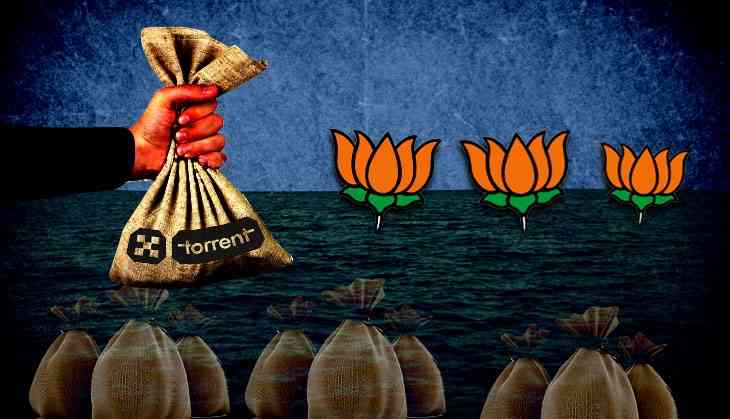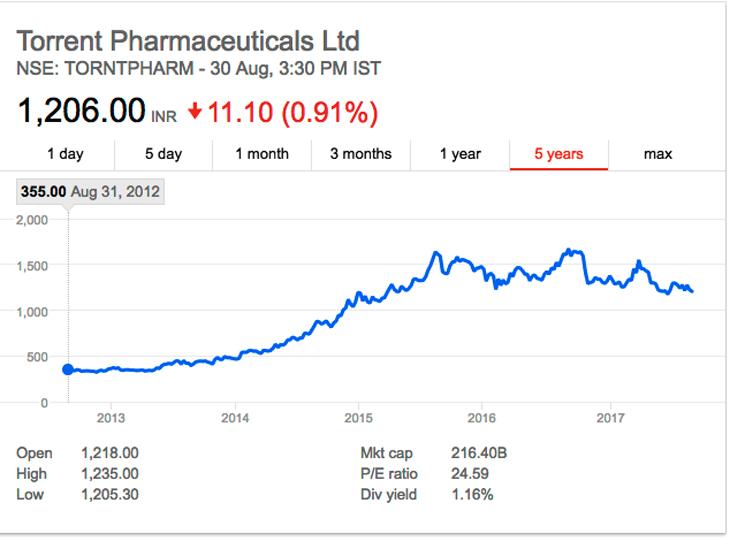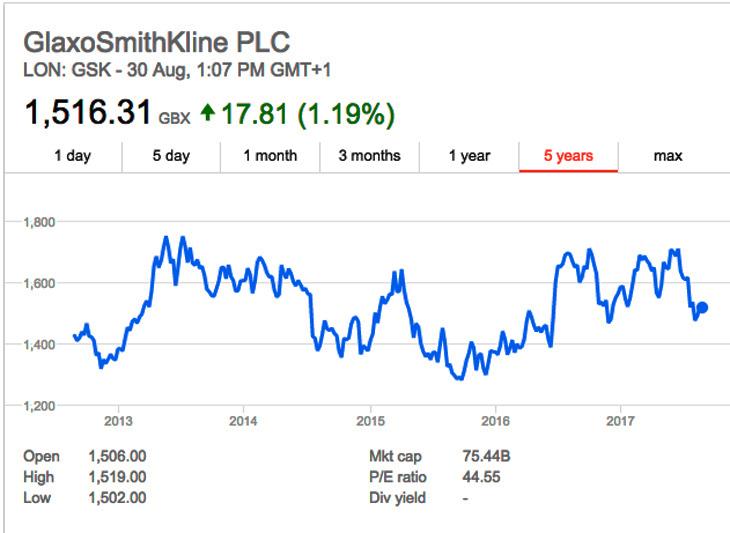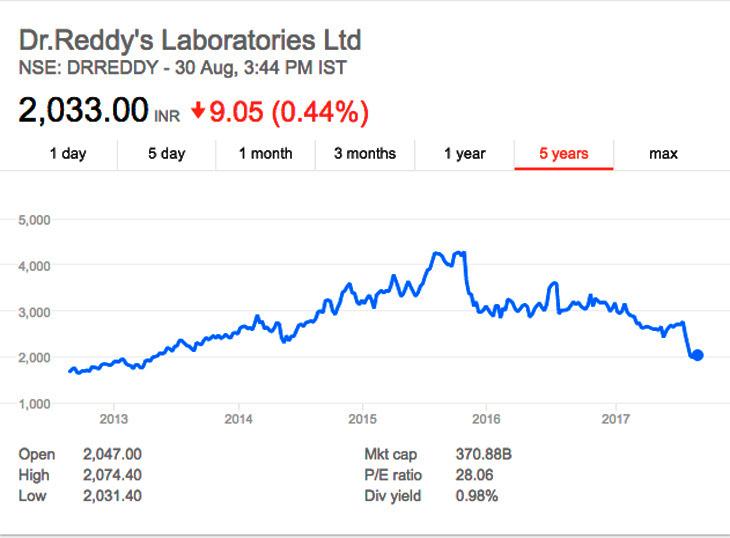Is Gujarat's Torrent group BJP's next Adani?

On 6 March 2003, the then chief of the Confederation of Indian Industry, Tarun Das, met the then Gujarat Chief Minister Narendra Modi at the latter's office in Gandhinagar. The objective of the meeting was to tender an unconditional apology to Modi on behalf of the powerful lobby of leading industrial houses of the country.
Modi had apparently been offended by CII's public censure of the state government over the post-Godhra riots that had left the state soaked in the blood of thousands of innocents just a year ago. Modi started boycotting CII following the flak, but more interestingly a group of Gujarat-based corporates came together and set up their own body to defend Modi and oppose CII.
CII couldn't take on the combined might of the party that was in power, in the state and at the Centre, as well as a whole bunch of well-to-do industrial houses. The stand-off lasted only a month, ending in Das's apology to the CM. It is a testimony of the solidarity between Modi and those companies that one of them has emerged as possibly among the BJP's biggest financiers today. This is the story of the 2.8 billion dollars worth group of companies, called the Torrent Group.
BJP's financers
An analysis done by the election watchdog, Association for Democratic Reforms, has shown that two of Torrent group's companies – Torrent Pharmaceuticals and Torrent Power – donated Rs 20 crore to the Satya Electoral Trust in fiscal year 2015-16. The trust, in turn, donated Rs 45 crore to BJP in the same year, which was about 96% of its total electoral funding. It donated only Rs 2 crore to the Congress party in this period.
Torrent is the not the biggest contributor to this trust, trailing behind Sajjan Jindal-led JSW Steel Ltd by a slender margin. JSW donated a total of Rs 25 crores to the trust in this period. Jindal's friendship with Modi became well-known after the former's meeting with the ousted Pakistan PM Nawaz Sharif in a bid to broker peace with India was reported early this year.
However, the Torrent Group's is a different story altogether. The group, with interests in pharmaceuticals and power, has allegedly gained out of the Modi government’s pharma policy in a big way. Under the UPA government, Torrent Pharma and many other pharmaceutical companies were upset with the tough drug pricing policies at that time.
However, in August 2014, the National Pharmaceutical Pricing Authority (NPPA) granted Torrent Pharma a five-year exemption from price control for one of its newly developed drugs. This gave the company the freedom to price the medicine for five years.
Coincidentally, the share price of Torrent Pharma has gone up by over 100% in the three years of Modi government, a rare feat in India's pharma sector.



The third donor of Satya Electoral Trust is GMMCO Ltd, a CK Birla group company. The company donated a little over Rs 2 crore to the trust in this period. The trust itself has two directors who are also directors in two other companies. Mukul Goyal and Ganesh Venkatachalam are also directors in Santok Investments and Classic Cookware. These two companies do not figure in the list of donors released by the trust to the Election Commission.
According to ADR, Satya is one out of the only two trusts, out of a total of 18 registered with the CBDT, which declared receiving contributions during fiscal year 2015-16. While Satya received Rs 47.0015 crores and distributed Rs 47 crores to political parties, Samaj Electoral Trust received Rs 2.52 crores and donated Rs 2.50 crores to political parties.
Samaj donated 39.68% or Rs 1 crore of its total income to BJP and Rs 1.5 crore to the Nitish Kumar-led Janata Dal(United). The business house that donated the most to Samaj is the Sutlej group, headed by CS Nopany, grandson of KK Birla. Sutlej Textiles & Industries contributed Rs 1 crore, 39.68% of total donations to Samaj, and Sil Investments donated Rs 75 lakhs, 29.76% of the total donations to Samaj.
But the phenomenon of large scale corporate donations to the ruling party isn’t restricted to the BJP. During the UPA’s tenure, several companies made donations to the Congress. Coincidentally, some of these companies were allocated coal blocks during the UPA tenure. Some of the coal block allocates also donated to the BJP.
First published: 30 August 2017, 18:52 IST

